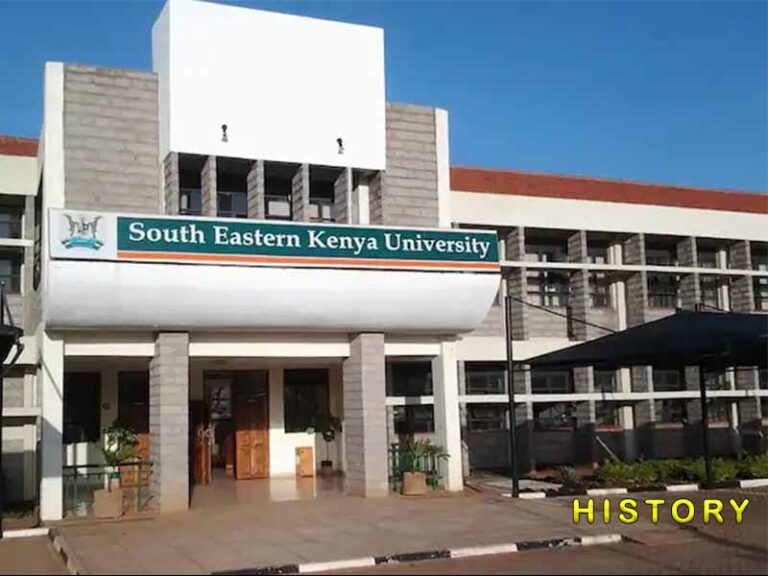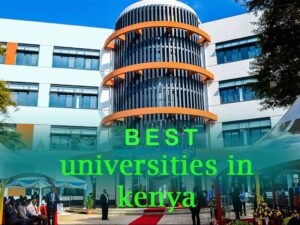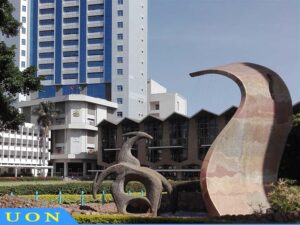The history of South Eastern Kenya University is high inspiring in both the local and international academic space. SEKU is indeed a centre of excellence in arts, health sciences, and technology.
SEKU runs diverse faculties, departments, and campuses in various parts of the country as outlined below.
History of South Eastern Kenya University since
The mission of SEKU University is to provide quality education through teaching, research, extension, innovation and entrepreneurship with emphasis on dry land agriculture, natural resources and environmental management.
On the other hand, the institution envisions becoming a globally competitive hub in teaching, and research innovation.
1. Establishment of SEKU in 2008
SEKU was initially established as a university college, named South Eastern University College (SEUCO).
It was then a constituent college of the University of Nairobi.
SEKU was later upgraded and chartered as a full-fledged university, becoming South Eastern Kenya University.
2. Mandate and vision
SEKU aims to provide quality education through teaching, research, extension, and community service.
It envisions itself as a globally competitive center of excellence in teaching, research, innovation, and service.
SEKU student enrolment of nearly 20,000 learners is a manifestation of its vision and mission.
3. Location and list of SEKU campuses
Where is the South Eastern Kenya University located? The main campus of SEKU is located in Kwa Vonza, Kitui County, in the eastern region of Kenya.
Below is a list of SEKU’s satellite campuses;
- Machakos Town Campus
- Wote Town Campus
- Mtito-Andei Town Campus
- Kitui Town campus
This region is semi-arid, which influences some of the university’s research focuses, especially in areas like dryland agriculture, water resources management, and renewable energy.
4. SEKU faculties and schools
SEKU offers a wide range of undergraduate and postgraduate programs through its various faculties and schools.
Some of these include the School of Environment and Natural Resources Management, School of Water Resources and Science and Technology, School of Business and Economics, and more.
5. Focus on research and innovation
Given its location in a semi-arid region, SEKU has a unique focus on research areas that address the challenges and opportunities of such environments.
This includes research in dryland agriculture, water conservation, and other pertinent fields.
Above all, SEKU has been involved in various community engagement initiatives to promote sustainable development in the region. This includes outreach programs, community-based research, and partnerships with local entities.
I explore diverse topics with clarity to keep you informed and your businesses profitable. Besides, I am a website developer, ICT consultant, and graduate mechatronics engineer. Lets Chat on WhatsApp.






